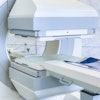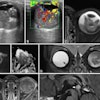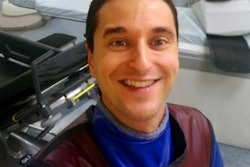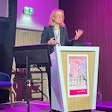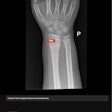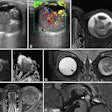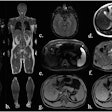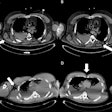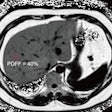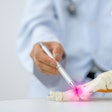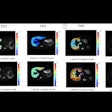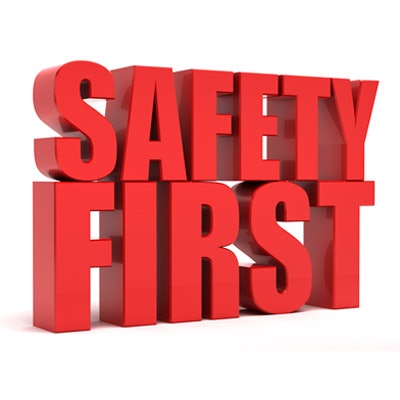
Over a third of European radiology trainees are dissatisfied with work safety in hospitals, and many believe there’s plenty of room for improvement, a European Society of Radiology (ESR) survey of more than 1,000 trainees has found. They're also concerned about the limited job mobility in radiology, and many of them lack confidence in the training they're receiving.
The Radiology Trainees Forum (RTF) subcommittee of the ESR sent a questionnaire to radiologists in training across Europe. The questionnaire included questions related to the workplace, safety, workplace satisfaction, familiarity with training initiatives, and job mobility. Only 65.3% of the trainees considered their workplaces to be safe, the ESR found.
"The level of training in aspects related to management safety and quality is low among trainees and further improvement is necessary," ESR noted in a statement (Insights into Imaging, 5 September 2018).
Trainees' views
The ESR aims to ensure homogeneous radiology training across all European countries to provide the same quality of care to all European citizens and also to promote radiologists' mobility. But first, where do things stand? That's what the RTF subcommittee sought to determine.
They evaluated job satisfaction in radiology trainees and identified factors influencing overall job satisfaction, factors that influence work satisfaction, familiarity with patient and personnel safety issues factors influencing the mobility of professionals, as well as awareness of available ESR training programs.
The questionnaire received responses from 1,045 radiologists in training across Europe; 77.8% were trainees and 22.2% were certified radiologists, 60% of whom had had less than three years of practice.
Of the responders, 76.9% were working in university teaching hospitals; 55.5% were women and 44.5% were men. Results of the survey are summarized below.
| Results of ESR radiology workplace survey | |
| Questionnaire statement | Affirmative response |
| I feel safe in my current workplace. | 65.3% |
| My workplace is stressful to some extent. | 64.8% |
| I am involved in direct patient contact. | 45.3% |
| My department provides teaching programs on safety and quality issues related to patients. | 38% |
| My department provides teaching on safety and quality issues related to personnel. | 34.5% |
| I am involved in management and decisions made in the workplace. | 25.7% |
"It is important to take measures to emphasize the importance of providing and creating a culture of security and quality in the radiology department, implementing patient-centered care, and to facilitate training in this respect encouraging radiologists to be more active participants," the ESR noted.
In terms of workplace satisfaction, the findings were as follows:
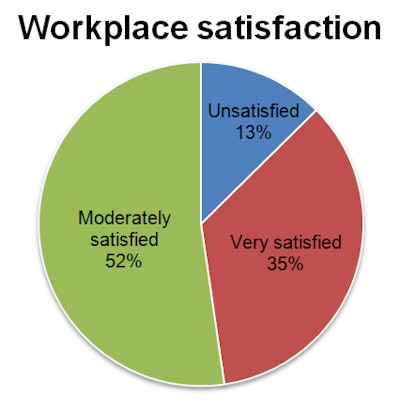
Nearly two-thirds of the respondents (64.8%) considered their working place to be stressful to some extent, and 52.6% thought they do not have enough personal time to dedicate to their family or friends.
"The stress and satisfaction levels of young radiologists in their working place are satisfactory; nonetheless, there is room for improvement," the ESR stated.
In terms of education and teaching responsibilities, 46.8% of respondents did not have any teaching responsibilities.
Familiarity with ESR, ability to move
Standardized training could help improve radiology trainees' confidence. Do trainees know about the initiatives already in place? Most (59.7%) were familiar with the European Diploma in Radiology (EDiR) and 72% wanted to take the EDiR, which they felt would increase their confidence in the skills they acquired during their training.
Also, the majority of the responders (82.2%) worked in their native country, although 43.9% would be motivated to work in another country for a higher income (63.6%), professional achievements (66.6%), and better working conditions (72.4%).
The country where trainees would most like to work? The U.K. had the highest percentage with 57.4%. That could be welcome news considering the U.K. has a severe radiologist shortage. However, family bonds keep radiologists tethered to their native countries -- 52.9% strongly agreed with that sentiment.
"An important aspect to be taken into account when establishing criteria and parameters to measure the knowledge and skills acquired during the training period is the lack of confidence in trainees of their professional skills, where 38.7% of responders moderately agreed to as a reason for not migrating to another country," the ESR said. "Overcoming this uncertainty can be achieved by using universal training programs such as the EDiR, which offers the guarantee of standardization in acquired knowledge and ensures the confidence of trainees."
The society sees this as cause to promote the EDiR even more.


